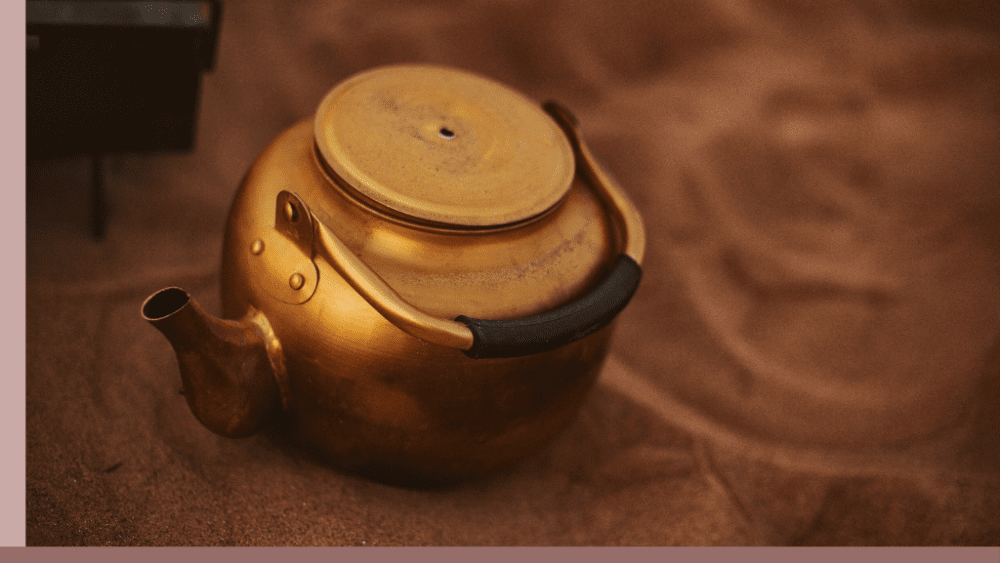Several of our ministry partners live and work in South Asia, home to the vast majority of more than 1 billion people who identify as Hindu worldwide. Hindus recognize Brahman as the supreme being, as well as countless other deities who govern different aspects of creation. For Hindus, Ānanda (happiness, joy or eternal bliss) defines one’s highest state of being. It signifies a release from all the shackles of life, as well as from the cycle of reincarnation, and represents complete union with Brahman.
The path leading to joy in the Hindu world is arduous, requiring worship rituals, offerings and sacrifices to the gods. Many Hindus struggle in their daily lives to find the promised bliss. Hindu festivals might offer a taste of joy through celebration, but many feel weary from endless efforts and uncertain returns. In times of crisis especially, the gods do not seem to answer questions about life and meaning.
“Come to me all you who are weary and burdened…you will find rest for your souls…my yoke is easy and my burden is light” (Matthew 11:28-30). Jesus sacrificed Himself in order to free us from a life of striving and an uncertain future. In Christ, eternal joy or bliss is communion with our Maker, not union. We do not dissolve into, or become part of, God. Rather, we become His. In Christ, we are the beloved. As we abide in His love we are promised joy—not just someday, but also in the midst of any circumstance life might throw our way today. “I have told you this so that my joy may be in you and that your joy may be complete” (John 15:11).
One of our partners in South Asia recently shared, “My mother died when I was around ten years old, and I grew in isolation and with lack of love. Festivals and rituals were meaningless for me because I did not see my mother. The gods did not respond to my cries. When I prayed to Jesus, He quickly answered and filled me with His peace and joy. And this joy remains with me all the time.”


Comments are closed.